For more than 150 years, North Omaha has experienced powerful leadership within the community. Some leaders have appealed to African Americans, some to white people, and some have created bridges to support all North Omahans. From the 1950s through the 1980s, one man was regularly credited with the latter. This is a biography of community leader, entrepreneur and educator Dr. Rodney Wead.
Raised in the Near North Side
Rodney S. Wead was born in began his life in the Logan Fontenelle Public Housing Projects. While serving as a newsboy for the Omaha Star when he was a kid, he went to Lake School for grade school.
Wead graduated from Omaha Central High School in 1953, where he was a star basketball player and track and field athlete. While he was in high school, both the Omaha Star and the Omaha World-Herald highlighted his many accomplishments regularly, with the Star also featuring his social life occasionally.
In 1957, Wead earned a bachelor’s degree from Dana College. In the mid-1960s, he was vice-president of the Douglas County Young Democrats, and stayed politically involved throughout his career.
A Career in Social Services

During his career in Omaha, Dr. Wead served as a direct service provider, became a program manager and then led nonprofit organizations. He was also an educator, advocate and mentor to generations of young people as well as other disenfranchised people.
Starting in 1958, Wead worked at the Nebraska Psychiatric Institute as an educational therapist teaching emotionally disturbed and mentally handicapped children and more. Then in 1966, Wead became a VISTA program director for Catholic Social Action of Nebraska. While he was there, he established the Lake-Charles Community Organization and its powerhouse newspaper, the Lake-Charles Action.

In 1967 when he was 32 years old, Wead became the executive director of the Mission Society, a United Methodist outreach organization. The next year, it was renamed the United Methodist Community Centers, Inc., and opened a new facility called the Wesley House. During his leadership there, Wead was instrumental in starting the Franklin Community Credit Union in 1968, and in 1970, he worked with native Omahans to establish the city’s first Black-owned radio station, KOWH. Joining with NBA star Bob Gibson, NFL star Gayle Sayers, and NBA star Bob Boozer, local leaders including Wead and Charles B. Washington stayed involved through the life of the station. He also established the Community Bank of Nebraska and the development of the Omaha Economics Development Corporation which built a 200 unit housing center and a 10-unit strip shopping mall, as well as the nation’s first 24-hour day care center.
During this era, Wead’s sister Beverly Blackburn Jones took a similar career path, opening the Kennedy Community Center near North 24th and Ames, while Wead’s first wife, Angie Wead, worked with him at the Wesley House.

Wead left North Omaha in 1974. In 1976, he earned his Masters degree from Roosevelt University in Chicago, and completed his PhD in sociology at the Union Institute in Cincinnati in 1980.
Dr. Wead came back to North Omaha in 1983, when he was hired at the executive director of the United Methodist Community Centers, Inc. In addition to administering 23 social service programs through the organization, he personally started programs for women in jails and developed a sweat equity housing project in North Omaha. For two years he was an assistant professor of Black studies at the University of Nebraska at Omaha, and later was an associate professor at Creighton University, too. Dr. Wead is credited with reinvigorating Omaha’s Juneteenth celebration during this era.
He moved away from Omaha again in 1991.
Dr. Wead Today

Today, Dr. Wead lives in St. Louis, Missouri.
Given the 30+ years of his career in Omaha and the great impact he had on North Omaha, it should come as no surprise that he’s considered to be in the same echelon of community leaders younger and older than him, including Ernie Chambers, Bertha Calloway, Charles Washington, Mildred Brown, David Eure and Brenda Council.
During his work in Omaha, Wead was the founder of the first credit union to serve low-income people in Nebraska; the first Black-owned radio station in Omaha and the third one in the nation, and; the first Black-owned bank in Nebraska.
In 2018, the Omaha City Council renamed the section of North 52nd Street from Ames to Fowler Avenue in honor of Dr. Wead. He married his wife Vanessa in 1992. The event brought him back to the community with legions of friends, family and supporters visiting him at the ceremony. The street was chosen because that’s where the Community Bank was founded in 1973.
Even from afar, Dr. Wead continues to support North Omaha in many ways, and his leadership continues to inspire and uplift generations of North Omahans.
You Might Like…
- A History of Community Leaders in North Omaha
- A History of North Omaha’s Wesley House
- A History of KOWH Radio in North Omaha
- North Omaha History Podcast Episode #76 about Rodney S. Wead

BONUS PICS!

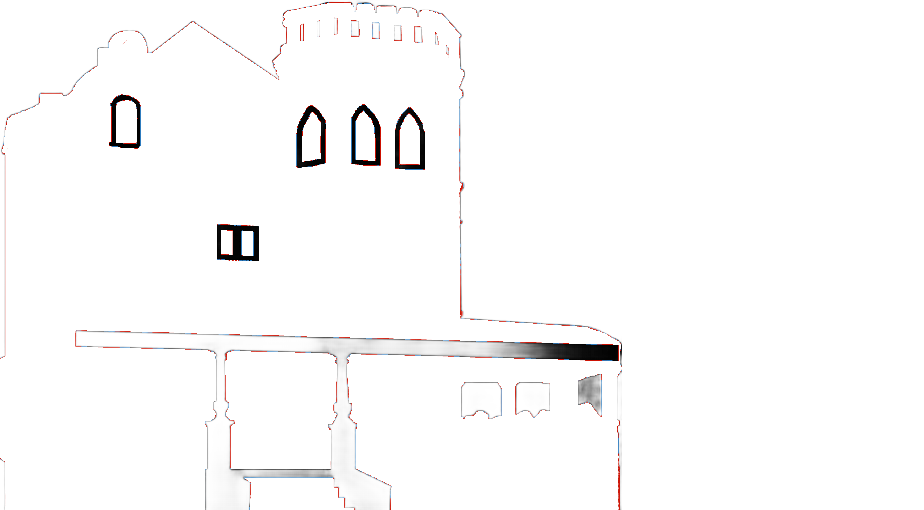

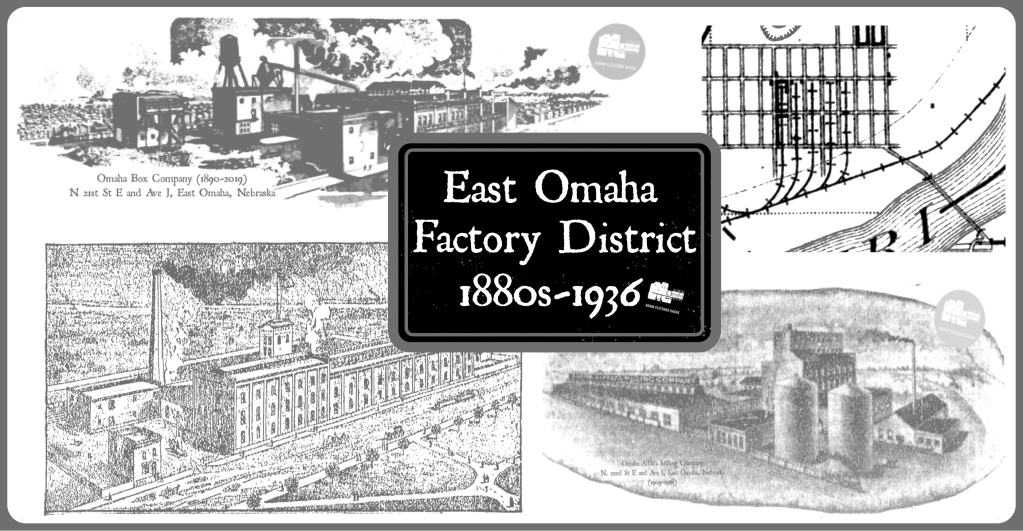
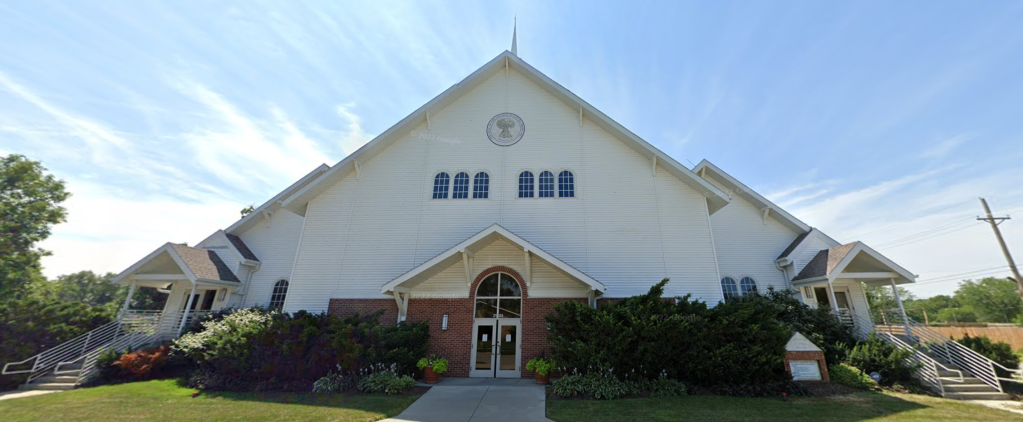
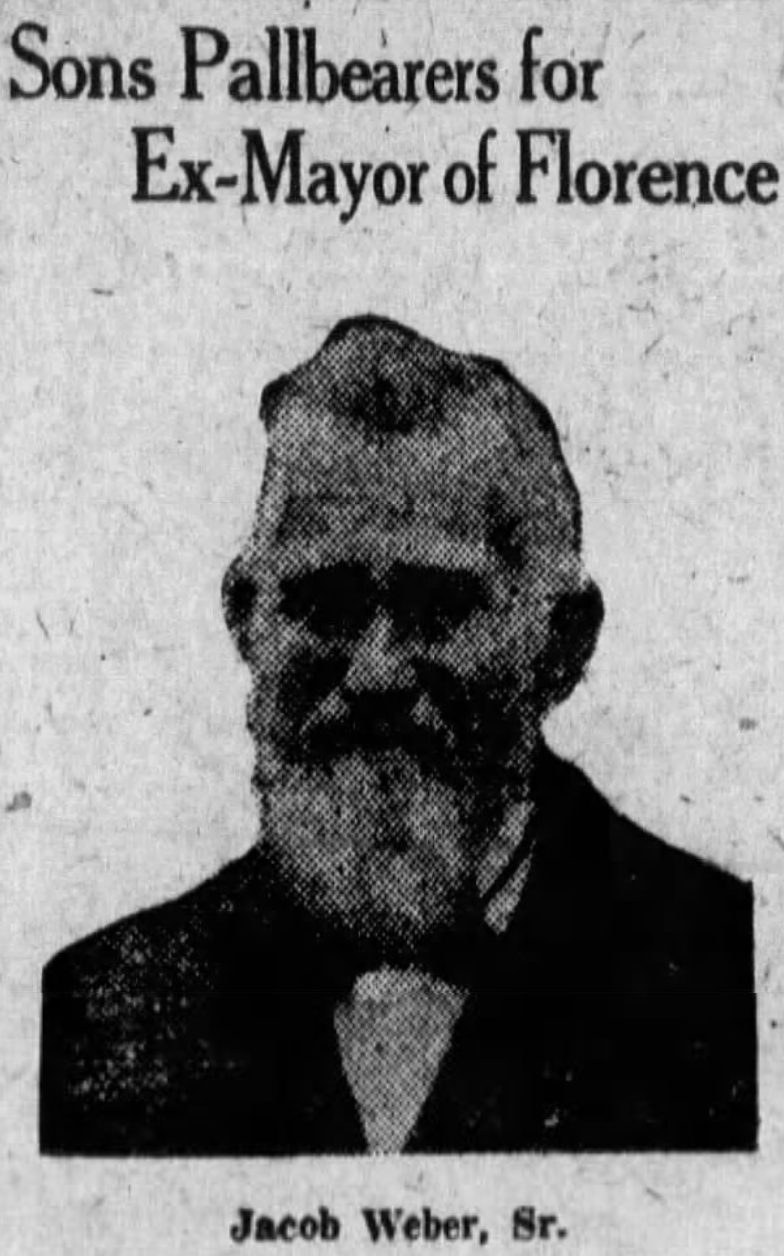
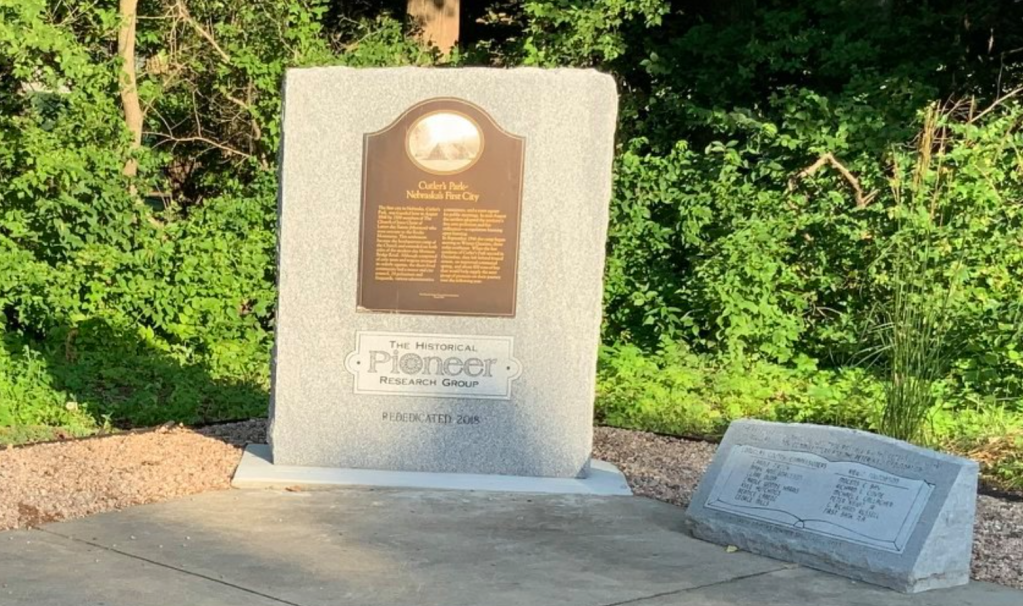
Leave a comment